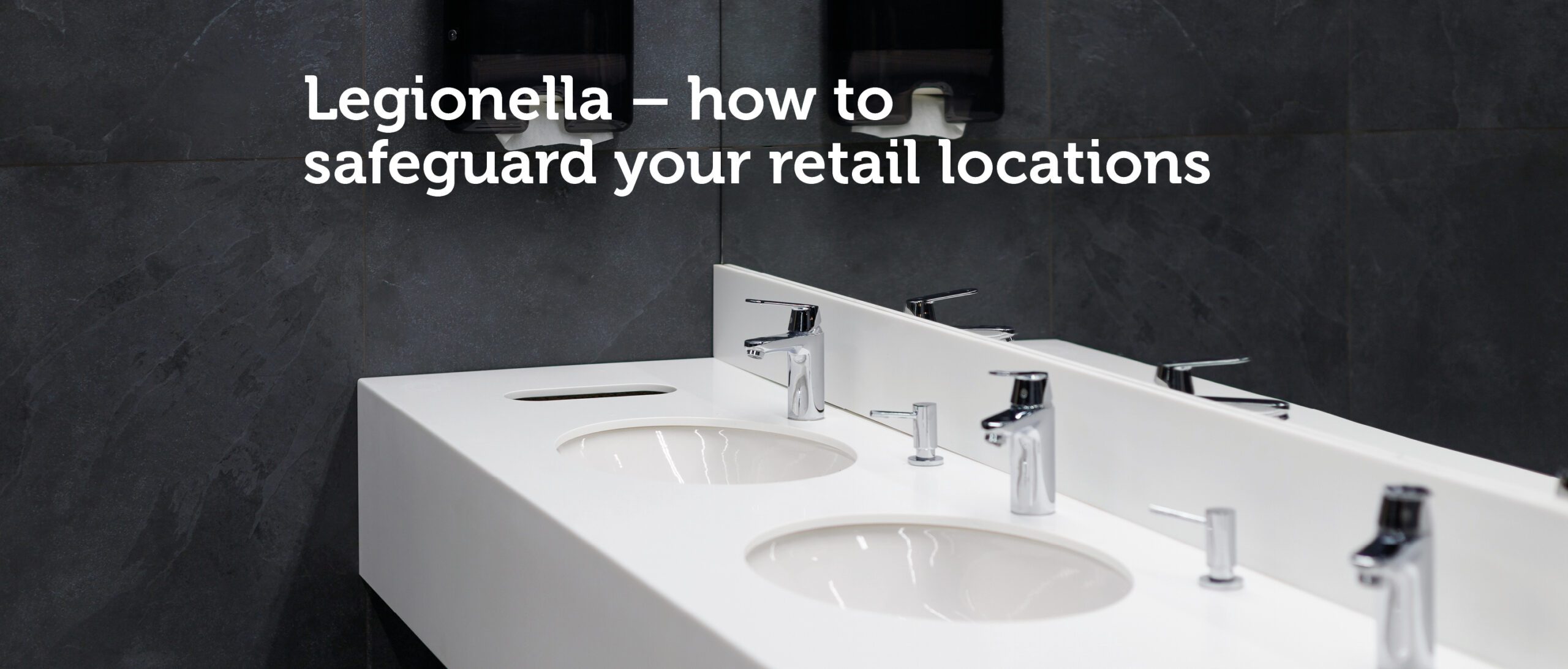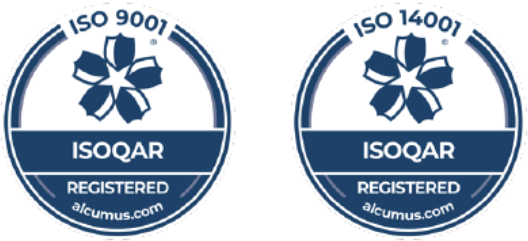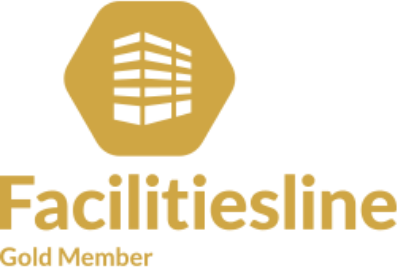Managing your retail properties seems to consist of so many inspections. From electrical services to gas and fire safety, you have a lot of reviews to complete. So you might be forgiven for thinking: do you need a Legionella risk assessment as well?
Of all the health risks that a property can contain, few possess the impact to grab people’s attention as Legionella. In the right conditions, the bacteria has the capacity to make large numbers of people ill, with deadly results for some. The history of Legionella outbreaks shows how widespread it can quickly become. It has been the cause of 175 people taken ill in Stafford, UK, 318 in Bovenkarspel, Netherlands, 375 in Vila Franca de Xira, Portugal, and over 800 in Murcia in Spain.
The legionella bacteria remains a continual threat to health. In August the Middlesex London Health Unit confirmed 25 affected and one death. It is for this reason that commercial and retail properties should undergo regular assessment for the risk of Legionella bacteria in the water system.
What is Legionella?
Legionella is a type of bacteria. You can find it in natural water sources such as rivers and ponds, but commonly at very low levels that present little risk to your health. However, when Legionella gets into an artificial water system, such as your plumbing, it can thrive.
Legionella breeds in areas where the temperature is between 25°C-45°C and will sit in all manner of places. Shower heads, taps and hot water tanks are common areas, as are sprinklers and hoses. Humidifiers and misters are another potential escape point for Legionella. Similarly, if your plumbing has dead tails, water can sit which can give the bacteria a great place to breed. When it gets in, Legionella will survive by eating scale, sediment or other bacteria carried in the water.
How does it make people ill?
Legionella is at its most dangerous when it becomes airborne and is disseminated as minute airborne droplets. This can be via showers, spray taps, sprinklers, aerosol attachments or carried by warm air into the environment. The droplets are breathed in, which can then become Legionnaires’ disease. This is a highly dangerous form of pneumonia that can prove fatal.
As any typical water system in a property can include the features above, it is vital you take steps to ensure you are not harbouring the bacteria. Understanding how Legionella can breed in your water system is the first step in preventing it take hold. If your system has any of the above-mentioned items then you must do regular monitoring, cleaning, and disinfection. This is the best way to effectively manage the risk of Legionella bacteria forming.
The next step is to undertake regular Legionella risk assessments.
What is a Legionella Risk Assessment?
A Legionella risk assessment to the requirements of HSE Approved Code of Practice HSG274 is a detailed inspection and review of your water system and historical work in managing the threat of the bacteria. There is no direct legal requirement to undertake a Legionella Risk Assessment (LRA). Instead, it is covered more generally under the Health And Safety At Work Act, where there is a duty of care to the people who work or visit buildings. So while an assessment is not specifically mandatory, it is both good practice and an effective way to avoid an outbreak taking place.
The assessment will over a range of topics, including:
- Administrative inspection
- A detailed review of historical documentation
- A review of previous assessments
- Interviews with all staff responsible in controlling the presence of Legionella bacteria
- A verification of management procedures and relevant paperwork
- Analysis of the staff and typical customers. This will consider their age and health.
- A physical tour of the property to pinpoint where water may become airbone
When should a risk assessment be completed?
The assessment should be performed on a regular basis. The frequency will depend on some simple criteria. If your retail property has a complex water system or a known high risk of Legionella bacteria forming, the assessment should be completed annually. A low risk property can have longer intervals between 2-5 years. Similarly, if there is little or no previous paperwork, the inspections should be more frequent than locations with full documentation.
However, an assessment should also be undertaken if it is believed the last one is no longer valid. Situations where this can apply include:
- If the heater system in your property is changed
- If how the water system in your property is used changes
- If the use of the building changes
- New information is published about the risk of bacteria or how to control it
- Signs that existing process to control the bacteria are no longer working
- If there are plans for building works or changes to the water system
- Whenever there are changes to the people involved in managing the risk of Legionella
- If there is an outbreak of Legionnaire’s Disease or Legionellosis which is associated with the system in use in the property
Where a reassessment has not been triggered by the above, there should be a policy of planned reassessment in place. Water systems with higher inherent risk or complex water services where changes are poorly documented may need to be reassessed annually. But for water systems with a lower inherent risk, or those where all changes are recorded and where systems are well managed, it may be sufficient for a formal reassessment to be performed every 2 to 5 years.
In reality, your retail properties will undergo changes quite frequently. Additionally, you will also have staff change roles or move on. So even for a low-risk location, you would be looking to assess the risk of Legionella at least every three years.
Who should Perform a Legionella Risk Assessment?
As with other areas of commercial property maintenance, (and also under the Health And Safety At Work Act), an assessment should be performed by a person deemed competent and with experience in this task. For this reason, you should get in touch with us to arrange your next Legionella Risk Assessment. With the widest network of skilled professionals to care for your retail locations in the UK, you can have an experienced assessor reviewing your retail properties quickly and efficiently.








